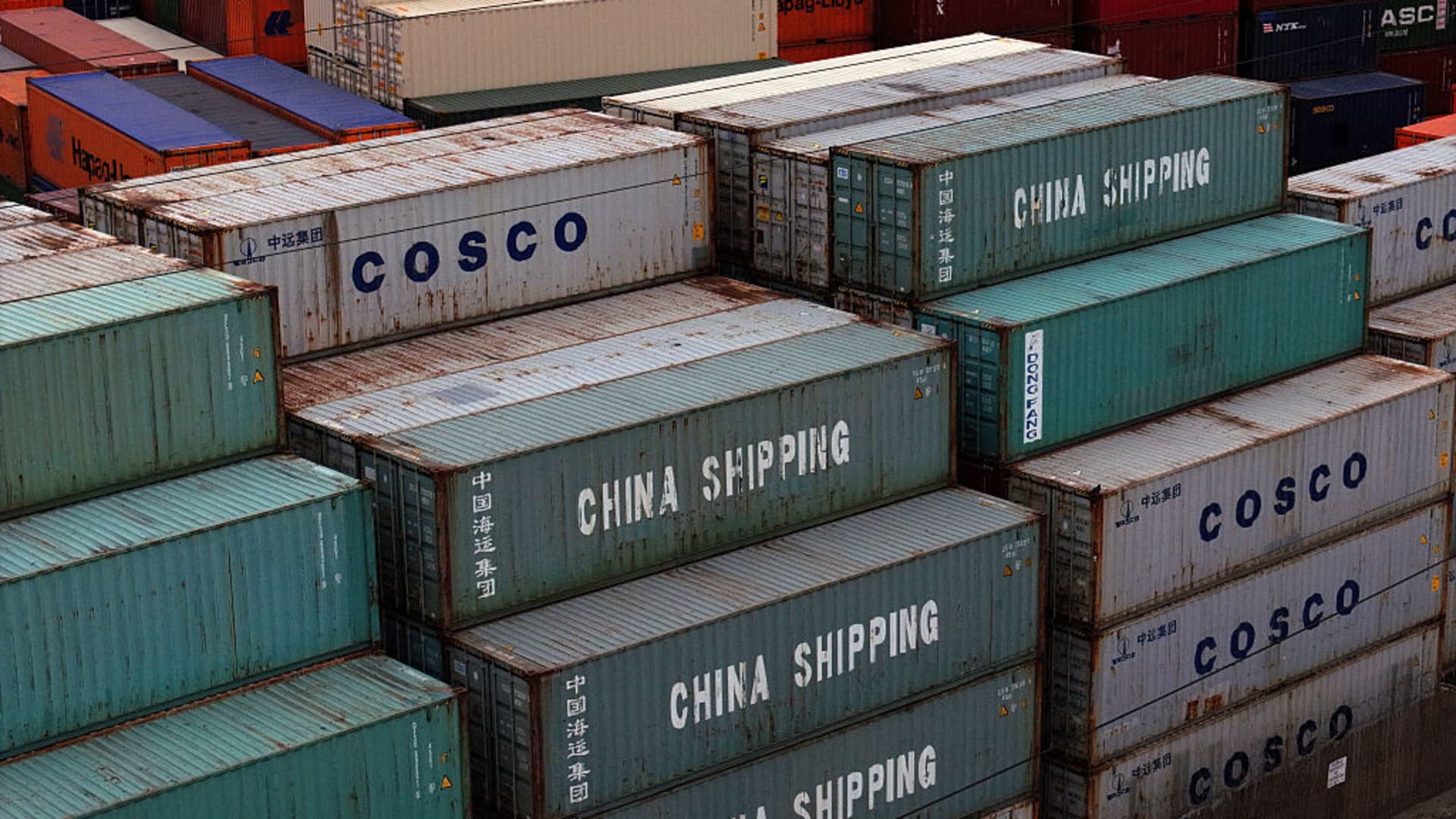U.S. President Donald Trump could have the upper hand in subsequent trade talks with China as the nations hammer out further negotiations, according to Neo Wang, lead China economist and strategist at Evercore ISI. The U.S. negotiated a long-awaited deal this weekend with China, resulting in both trade partners suspending most tariffs on each other’s goods. The trade agreement negotiated after key representatives from both sides met in Switzerland over the weekend entails that total U.S. tariffs on China stand at 30%, while Beijing’s duties on U.S. imports are at 10%. Both parties said in a statement on Monday they would suspend 24% of additional ad-valorem tariffs, or taxes on the value of imported goods, from the other country for an initial period of 90 days. “U.S.-China joint statement was a positive surprise and win-win outcome,” Wang said in a Monday note to clients. “Beijing’s hardball may have borne fruit, especially the export control on rare-earths, and/or Trump couldn’t endure the self-inflicted economic pain.” Both the U.S. and China could be back at the negotiation table again soon to hash out further details, according to Treasury Secretary Scott Bessent. “I would imagine in the next few weeks we will be meeting again to get rolling on a more fulsome agreement,” Bessent said Monday on CNBC’s ” Squawk Box .” Such upcoming talks would be high stakes for Beijing, Evercore’s Wang said. That’s because China has more to lose by comparison if the 24% pause expires, he said. The strategist pointed to pressure tied to China’s upcoming Politburo meeting and concessions the U.S. will seek out from Beijing. Chinese policymakers last month already promised to ease monetary policy and ramp up support for firms and employees amid trade war escalations. “To make the 24% suspension permanent, a trade deal is likely needed,” Wang said. “We expect Beijing to please Trump in a way that benefits the Republican party in midterm election, whether via purchases or investment.” A possibility of no trade deal would particularly increase the urgency for Beijing to resolve the U.S.′ 20% duties on Chinese imports related to fentanyl , as well as raise the stakes for concessions related to TikTok, the latter of which is Trump’s “real target,” Wang said. Trump in April extended a deadline that would have required China-based ByteDance to sell the U.S. operations of TikTok or face an effective ban in the U.S., as required by a national security law signed by former President Joe Biden in April 2024 . This extension moves the deadline to mid-June. Trump said in a Truth Social post last month that the TikTok deal “proves that Tariffs are the most powerful Economic tool, and very important to our National Security! We do not want TikTok to ‘go dark.'”





